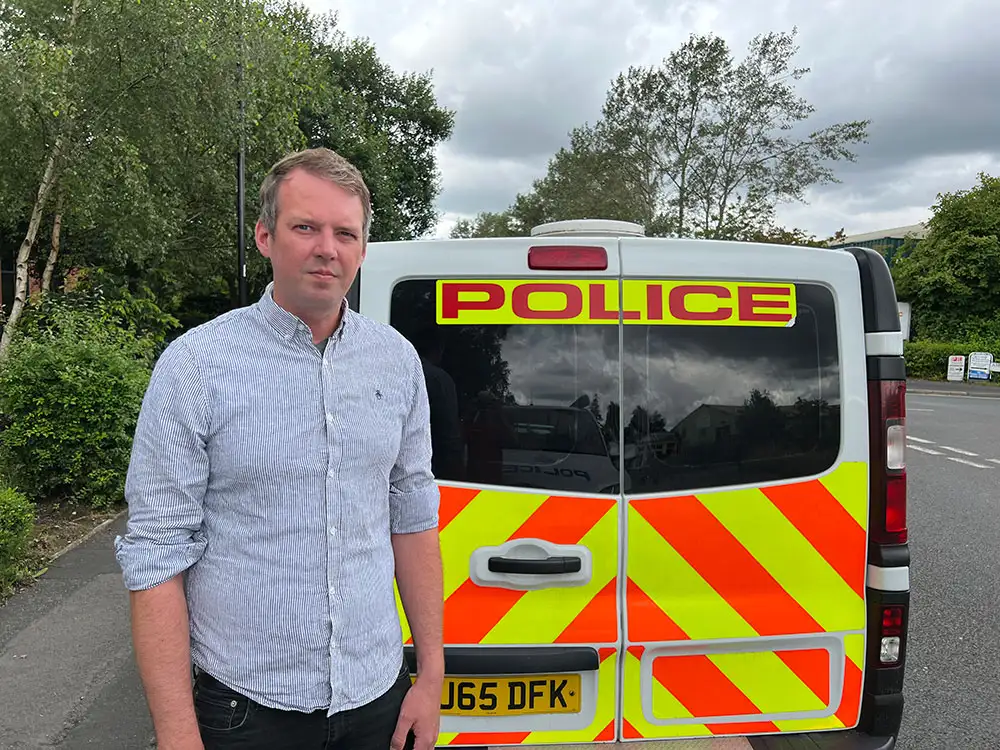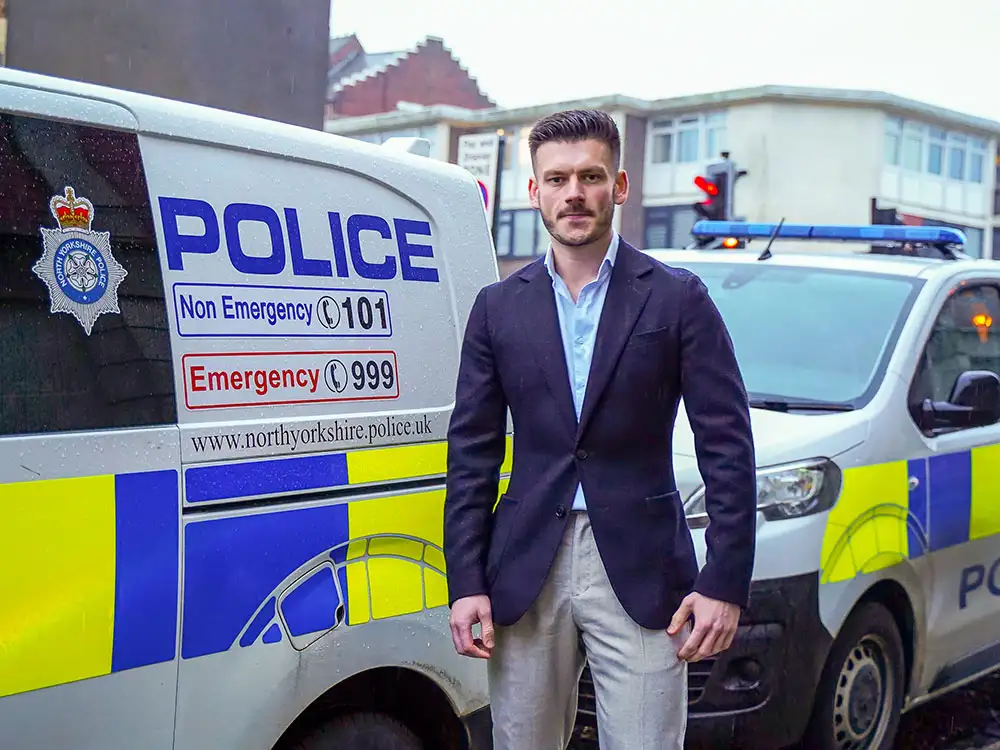A leading candidate for the new post of Mayor of York and North Yorkshire wants to install facial recognition cameras across the county.
Conservative candidate Keane Duncan said he would pilot the technology in York, Harrogate and Scarborough.
The new mayor will take on the responsibilities of Police, Fire and Crime Commissioner when elected in May.
Mr Keane said trials elsewhere in the country found the cameras can cut the time required to identify dangerous criminals and missing people from days and months to “just minutes”.
“I want to embrace new technology to revolutionise the way in which policing is conducted in North Yorkshire,” he said.
“From apprehending dangerous criminals to locating vulnerable people, live facial recognition cameras represent an effective tool in the arsenal of our police.
“With potential to free up valuable manpower so officers can have a greater presence on our streets, I want the cameras to be tested here in North Yorkshire.”
‘Breach of human rights’

However, opponents have criticised the scheme as an “appalling breach of residents’ human rights”.
He said the technology will “steal the biometric data (the unique facial features) of anyone that comes into range of the cameras”.
Cllr Andrew Hollyer, the Liberal Democrat candidate for York Outer at the next General Election said: “Far from being brought to York and North Yorkshire, the Conservatives’ plans for an expansion of the Orwellian blanket surveillance of citizens should be halted across the country.
“The use of CCTV for enforcement purposes is well-established and can be an important tool in deterring anti-social behaviour. But what the Conservatives are now proposing is a world away from this.
“This surveillance flies in the face of basic British values such as the presumption of innocence.
“Instead of gimmicks, the government should be enabling and encouraging local forces to restore proper community policing, where officers have the time and resources they need to focus on preventing and solving crime.”
Cllr Keane said: “Use of the cameras must be proportionate, and their deployment would be closely monitored and governed by clear and robust rules.
“The vast majority of the public are supportive of the use of facial-recognition technology in policing, but we recognise the need to balance the use of new technology with the right to privacy.
“That is why the use of any technology in policing must be legitimate, transparent and accountable.”
